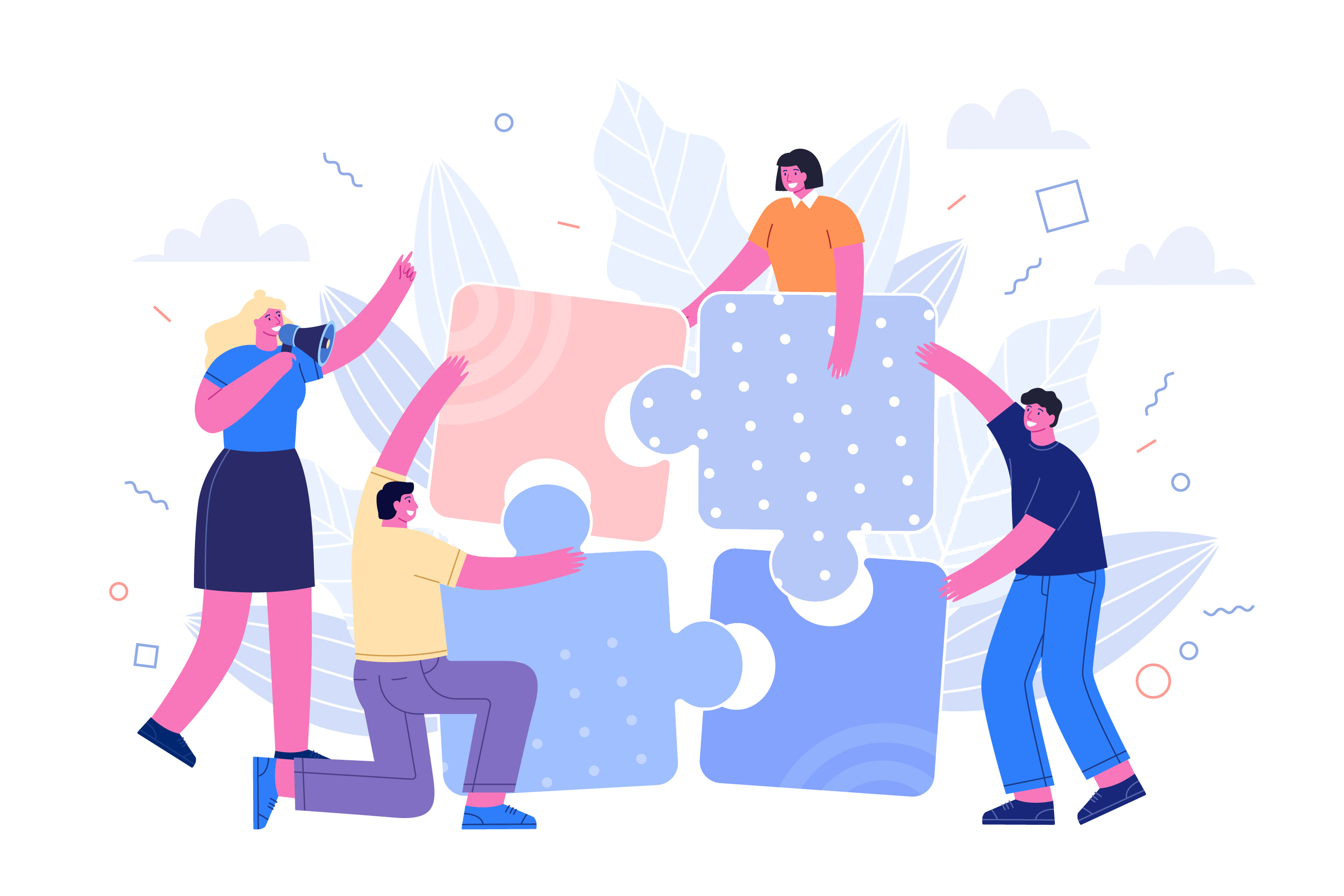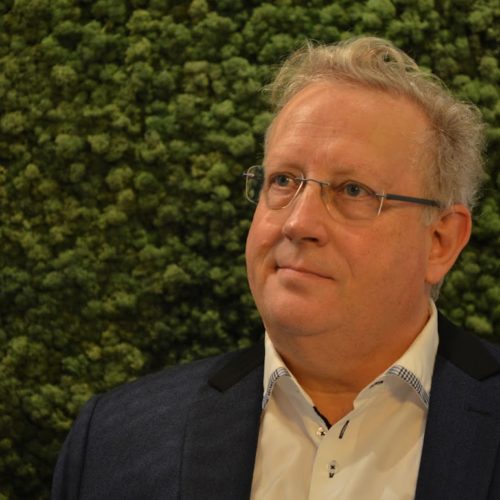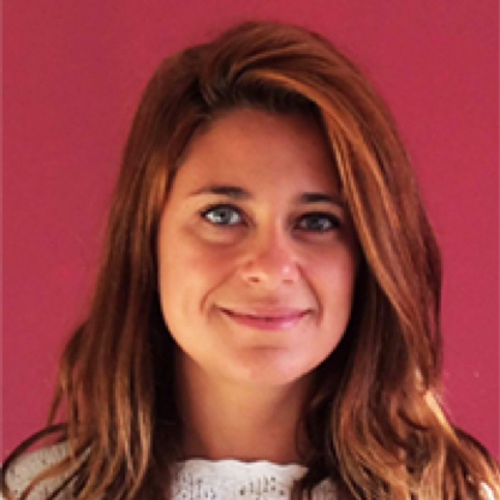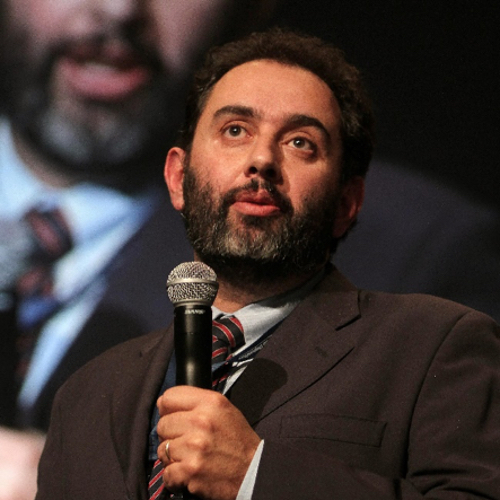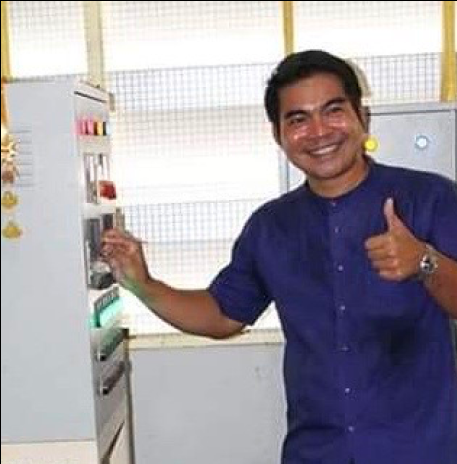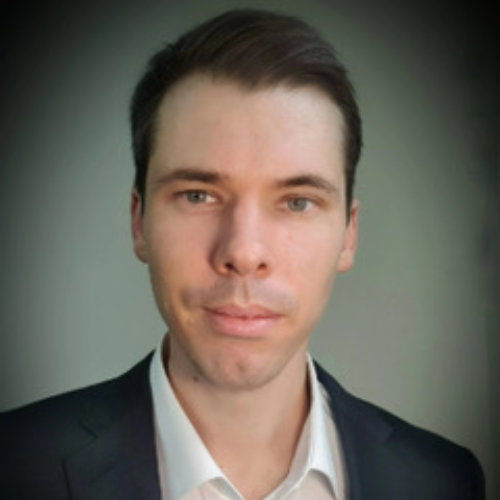Paul Robert VAN DER HEIJDEN
During his research positions in biology & biochemistry Paul was already attracted to business and governance. He changed though business education and character towards an organizational development management position at Dutch Post. Triggered by his entrepreneurial nature he started his own mid-size management consultancy & education firm in mid-eighties, last century.
As part of his personal development he took an Executive MBA in combination with Insead in France and Wharton in the USA and universities in Germany and The Netherlands.
Sharing strong beliefs in profitability of sustainable business and due to his personal development Paul retreated from this industry and initiated MatureDevelopment in 2000 and became advocate of voluntary contributions as well; a company with a strong emphasis on sustainable – & system innovation; especially on seafood and water quality.
Paul has excellent communication skills and he is in constant demand on important working groups, for organizations in R&D and education, like universities of applied science, vocational training colleges. In projects with the European Commission, his strategic programming processes assist greatly in priority setting in the Seafood Industry and Education. He is the Global Ambassador for Aquaculture without Frontiers.
He is providing with colleagues leverage and solutions in online education, aquaculture, sustainable development, system innovation and water quality. And focuses on action to add value and improvement.
Additionally, Paul has an excellent record in research, reporting and presenting.
He is extremely keen to assist younger people in their endeavors in the industry and tries to include them in all the work that he is engaged. To that end he has linked to several European Universities engaging in international internships and program accreditation also as member of Industry Advisory Boards at Universities.
Simon DAVIES
Professor Dr. Simon Davies, A Fellow of the Royal Society of Biology, holds the Chair in Animal Nutrition and Aquaculture at Harper Adams University in Shropshire, England and is Honorary Professor at Nottingham University and Visiting Professor at Bristol University School of Veterinary Medicine. He was a Professor at Plymouth University for 30 years leading undergraduate and postgraduate programmes. Simon obtained his BSc in Biochemistry and Masters in Nutrition and a PhD in Nutritional Physiology of salmon. He was a Post- Doctoral Fellow at the University of Idaho, USA and has supervised 35 PhD students and over 300 Masters Students’. He is the author of 150 scientific papers, book chapters and reports and recipient of over £5M of research income. Simon is the Editor-in-Chief of ‘International Aquafeed’ that specialises in the associated feed industry for the farming of fish with a wide global circulation. He has been instrumental in developing new feed technologies for the sustainable production of farmed fish. His research on trace element and vitamin nutrition of fish has been pioneering and highly praised. More recently he is evaluating natural prebiotic and probiotic ‘healthy bacteria’ dietary supplements to enhance the immune functions of fish to improve disease resistance and mitigate the use of antibiotics that can lead to antimicrobial resistance. He is developing advanced molecular techniques to quantify gene expression in the intestine of farmed fish to better understand the gut microbiology or microbiome.
Simon Davies is committed to education at all levels from vocational training to university degree levels.
Carlo SCHAAIJ
Carlo developed an application for his university where he discovered his true passion for combining development with functional visual and – design. Due to his constantly driven proactive perspective and passion for functional design & technology, he loves to combine creativity with modern technology.
Along the way, Carlo joined the IS&T Internal Design Team at Apple and worked on several internal projects for Apple departments, including some led by himself. After a while, he invented an internal application for his department at Apple, which quickly caught the interest of other departments. This allowed him to proceed with the expansion of the application for other Apple departments.
Carlo is a proactive innovative and creative UIX Designer & Developer. His main focus at MatureDevelopment is the user presentation layer of a web-based applications and the functionality in the Seafood Industry. He developed and created our BlueGreen Professional Seafood Industry Courses Seafood and our BlueGreen Network., understanding the value of blended education in the industry
Nowadays he works at the forefront of innovation and the application of technology to some of the most world’s most challenging problems like an innovative website; Marketing for lawyers and law firms.
He develops several modern technical solutions for organizations and companies. His expertise is mainly focused on UIX Design, Web development, and Admin Desk Management.
Carlo is originally from the Netherlands but moved to Latin America due to his passion for the Latin culture and warm climate.
Manuel GOYANES ALLENDE
Manuel from Argentina studies business administration with a passion for sustainable technologies that are changing aquaculture businesses. He is inspired by the UN Brundtland report on sustainable development ‘Our Common Future’ and the UN Sustainable Development Goals, SDGs.
How do these goals and technologies in aquaculture come about in the first place?
What are their consequences for people and organisations?
For the global marketing?
And how are these technologies disrupting other industries and even create opportunities for the seafood industry?
In his involvement through digital business & innovations, he aims to answer such questions by enabling professionals, management and leaders to form within MatureDevelopment a Blue-Green bridge between aquaculture technologies and sustainable business.
The competitive edge in his interests, in close relationships with colleagues, links information systems with innovation management, covering traditional enterprise
planning and – management to artificial intelligence and social media; synergy.
More importantly, Manuel adds, in Spanish and English, his passionate value to the team, innovates on products, services, processes and business models in the seafood industry context.
Lewie COOPER
Lewie from Essex, England, had an early career in sales having a diverse customer base across Europe. He has delivered PR campaigns, strategic development and edits on investment portfolios for cutting edge innovations.
He excelled in the commercial environment and made a bold move from private sector to education. Wanting to share his skills, knowledge and learning. Lewie is now responsible teaching and assessment on the Fisheries and Aquaculture provision at Shuttleworth College in Bedfordshire, U.K.
He has received from industry, investments to enhance the fish farm to grow the experience of the students studying. Innovative, bold and passionate. Lewie has a focus for global education, – emerging markets, – food security and – sustainable aquaculture. He is operating a fish farm for carp and hatchery with Tilapia.
In the United Kindom he is building bridges for institutions and industry on research and education. Whether it’s curriculum development or experts needed for research solutions. Lewie represents the MatureDevelopment – BlueGreen UK agent at Covent Garden, London, U.K. and he is blended education professional for BlueGreen Masters, ….. contributing to ‘Our Common Future’.
Renata FLECK PONTES DOS SANTOS
Renata has a bachelor in marine biology with emphasis in marine costal management at the Estate University of Rio Grande do Sul – Brazil and recent finished her Master degree in aquaculture and fisheries at the University of Algarve in Portugal.
With a different background, she moved to Europe for gaining more international experience and knowledge, she acquired an excellent knowledge on fish reproduction at the Hellenic Centre of Marine Research in Greece. Renata became extremely adaptive to the different circumstances and perspectives of sustainable approaches, especially regarding aquaculture.
Her passion for the oceans, aquaculture and sustainability combined with her curiosity and strong believe in a sustainable future, gives her an outstanding ability to communicate and connect people.
With her expertise in aquaculture, sustainable processes and fish reproduction she contributes to the innovative and sustainable activities of MatureDevelopment. Renata is the connection of MatureDevelopment in Portugal and due to the international experiences and easy communication she contributes to overcome the barrier between countries and it is the connection for international activities in Portugal.
Paulo ZARAGOZA PEDRO
Paulo Pedro is a Marine biologist with more than 25 years’ experience in research projects worldwide, and 20 years’ experience as an operations manager in environmental services laboratories (with proved competencies in sampling and analysis of water, air, soil and food). Paulo is an entrepreneur and founder in 2012 of producing sturgeon and caviar in Portugal in Recirculation Aquaculture Systems (RAS). Since then he was involved in the development of sustainable fish farms using RAS technology in different parts of the world focusing in circular economy approaches based in aquaponics and integrated multitrophic aquaculture.
He visions a world where aquaculture can be the answer to mitigate some of the issues concerning climate change, world population growth and food production. He is technically skilled in RAS, energy efficiency applied to aquaculture, and animal welfare in aquaculture.
His passion for aquaculture also makes him an intense and engaged communicator on this subject, maintaining strong ties with both companies and academia.
Richard POMPOES
Richard conducted a stakeholder analysis of the Asian aquaculture industry as part of his internship in the MatureDevelopment team.Growing up as young expatriate in Hungary and Bulgaria, coupled with an internship experience in Thailand, perpetuated Richard’s desire to explore the feasibility of aquaculture ventures in developing nations.
This motivation culminated in the choice to conduct a feasibility assessment on small-scale aquaponics systems for subsistence purposes in remote rural areas in Kyrgyzstan, Central Asia, as part of his Bachelor final thesis Watermanagement project together with MatureDevelopment.
To further deepen his understanding of the applicability of aquaculture globally, Richard is currently enrolled in the Masters Sustainable Development at Utrecht University, The Netherlands.
Davy VAN DOREN
Being from the Netherlands, having a strong connection with water is an almost certain given. Strengthened by roots in Rotterdam, a city famously known for its global port situated strategically at the river Maas, his combined passion for the natural environment and its conservation in the light of human activity has led him towards MSc degrees in biology and sustainable development.
In past years, he has been involved in a wide spectrum of research activity, including the assessment of marine biodiversity, standardisation of bio-based commodities, trend analysis of climate change dissemination, monitoring of coral reef quality and the industrialisation of biorefinery processes. In the middle east with multi-national companies and in Europe, The Netherlands and Germany, with influential research organizations.
In his current work, he develops simulation models focused on enabling innovation at the level of systems and organisations. In his PhD research, Davy conducts innovation system analysis focused on the emerging technology, synthetic biology – a techno-scientific domain that shows both future potential and considerate challenges for its uptake in various industries, including those related to aquaculture.
His ambition is to contribute towards the realisation of a new economy, one that is able to integrate the great achievements of human discovery within the demands of our evolving civilisations, in a truly sustainable manner.
Noratat PRACHOM
Noratat is the aquaculture nutritionist professional on feed formulation, nutrition and health, within a robust functional and science-based quality system.
Earning his MSc in fish nutrition at the Asian Institute of Technology, Bangkok, Thailand, his MSc in Environmental Toxicology from the Asian Institute of Technology/ Mahidol University/Chulabhorn Research Institute, Bangkok, Thailand and his BSc in Zoology at Kasetsart University, Bangkok, Thailand brought the fundament for earning his PhD in fish nutrition at the Tokyo University of Marine Science and Technology, Japan.
Noratat is faculty member and researcher at the Department of Animal Production Technology and Fisheries, the Faculty of Agricultural Technology, King Mongkut’s Institute of Technology Ladkrabang, Thailand.
He is Adjunct Faculty Member ที่ Asian Institute of Technology (AIT).
Noratat is interested in aquaculture nutrition and toxicology (i.e. toxic elements and trace metals) for the aquatic animals.
His activities on feed additives (e.g. enzymes, feed attractants, immuno-stimulants) improving growth and health status or performance for the aquatic animals including feed supplements improving growth and performance for the aquatic animals. As a research scientist and consultant in Thailand, Japan, Vietnam, and Europe he has a focus on evaluation on the nutritional value of alternative ingredients and feed additives for the aquatic animals. With responsibilities for feed formulation and processing (extrusion and pelleting). Evaluating the nutritional value of feed ingredients and feed additives, planning and conducting nutritional studies and laboratory trials. He is writing original papers for publication in peer-reviewed scientific journals and peer-reviewing of scientific journals.
Nathaniel FARRIS
Nathaniel has a B.A. in Environmental Biology, an MSc in Fisheries Science, and a very diverse work history. Whether it be naval healthcare, wildland fire fighting, forestry, or research in the field of aquaculture nutrition, he is interested in solving problems from a holistic, multidisciplinary perspective. While doing research for his bachelor’s thesis, he interned for ADE (Association for Development through Education) where he learned about sustainable development through education and community partnerships in rural Costa Rica. Shortly after graduation, he went on to complete several back-to-back appointments with the U.S. Forest Service where he would gain real world experience in the field of land management and fire ecology. Then, in 2017 he pursued a Master degree in Fisheries Science at Pukyong National University, Busan. There he researched aquaculture nutrition and presented his labs findings at multiple international conferences in Europe and Korea. For his Master’s thesis, he investigated the effects of GABA in Juvenile olive flounder as a part of a successful research proposal which brought together the FFNRC (Feed & Foods Nutrition Research Center, Korea) and HAKI (Research Institute for Fisheries and Aquaculture, Hungary). Given his experiences, Nathaniel is sure that the complex interface of biology, economics, and culture that makes up the seafood industry, requires openness, collaboration, and humility to address its challenges.
Country:South Korea
Chris BLOK
Chris de Blok is educated as an applied ecologist. His experiences are comprehensive in Europe and Asia. In close contact with developers, and academics/researchers, he can organise and co-manage innovative implementations with strong personal social interactions with stakeholders.
His professional focus on development initiated his step to further education in coastal and marine management, with the developing skill to understand the conundrum of dependent species within the deep ocean and shallow ecosystems.
He thrives on being a marine biologist who can understand ecosystems and use this knowledge to build nature. The synergy of his experience and competencies in biology and management brought him to the (co)authorship of chapters in a book about UN Sustainable Development Goal 14, Life Below Water.

